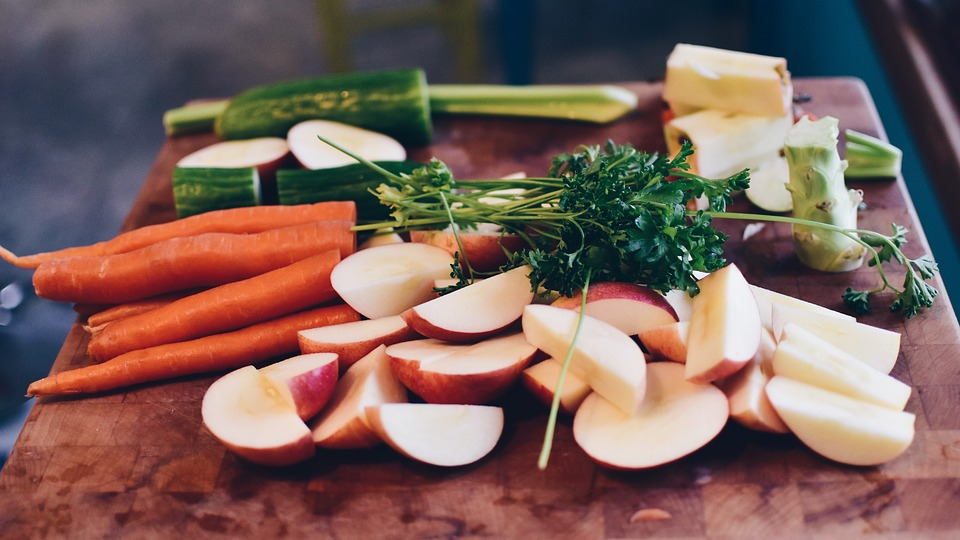
A vegan is a person who decides to follow the vegan way of life, whether for personal, ethical, or cultural motives. A vegan lifestyle excludes all animal products including leather and other materials derived from animals. Being vegan is suggested to benefit human health, reduce environmental pollutants and continue the natural lives of animals, ultimately nurturing a better ecosystem.
Here are things you must know on how to live the vegan lifestyle.
You may need nutritional supplements
In veganism, all animal products are excluded, ultimately eliminating certain food groups and increasing the risk associated with vitamins and minerals deficit. Although plant-based diets are known to foster a healthier lifestyle, completely cutting out animal proteins may through the diet off balance. You need to read this as a vegan, to ensure you have all valuable nutrients catered for. Vitamin B12 which is naturally found in animal products keeps the blood and nerve cells healthy and helps in the formation of DNA.
Deficiency of B12 can cause weakness, tiredness, constipation, lack of appetite, depression and nerve problems. Iron is also a necessary mineral that comes in either heme or non-heme forms. Heme, which is readily absorbed by the body, is only found in animal foods. Vegan diets have only the non-heme form of iron, which the body does not absorb quickly, so you need to supplement. Other supplements that you should consider are zinc, vitamin D, iodine and omega-3 fatty acids.
Plant-based protein sources are essential
While consuming nutritious vegetables and fruits is essential, protein should not be ignored. Protein is critical in a vegan diet because it is responsible for maintaining healthy body mass and other body functions. Every meal should have protein to break down into amino acids that aid cell growth and repair. Adults are encouraged to consume an average of 0.8 grams of protein every day for every kilogram of body mass. Valuable plant-based proteins include beans, nuts, seeds, tofu, tempeh, quinoa, seitan, and lentils.

Soy-based products should be moderated
Although research on the benefits vs. dangers of consuming soy remains inconclusive, it is advisable that you consume it in moderation. High intake of soy is insinuated to interfere with hormone functions and prompt certain cancers. However, soy is a valuable source of plant-based protein and should be consumed in its whole form rather than in processed products that have high sodium and preservatives content. The healthiest sources of soy include tempeh, tofu, miso, soy milk, and edamame.
Food labels are your best friend
Food labels tell the story of food, including ingredients and nutritional breakdown. While some foods may be outright labeled as vegan-friendly, reading the labels can help clear your doubts and understand questionable items. Keep in mind that because a food is labeled vegan does not necessarily mean it has proper nutritional value. Foods that are also not explicitly non-vegan are not necessarily suitable for a vegan diet. For instance, whey and casein, which are derived from milk, are present in many cereal bars, granola, and bread while tallow and gelatin derived from meat.
You do not have to switch at once
When you decide to go vegan, take your time. Start by incorporating more plant-based products into your diet while cutting back on animal-based products, especially the processed, refined foods. The slight changes that you make daily will ease the transition for you as you access how you feel along the way. Although the process may seem slow, it will graduate into a lifelong habit.
The vegan lifestyle might initially feel overwhelming, but as you ease into it, it gets easier. You may even feel happier as your diet will contain less arachidonic acid which is known to drag down mood. Always keep in mind your motivation for going vegan. This will give you the extra push that you might need along the way.
To read more on topics like this, check out the health category.